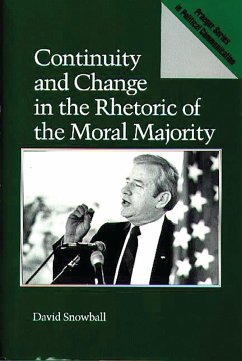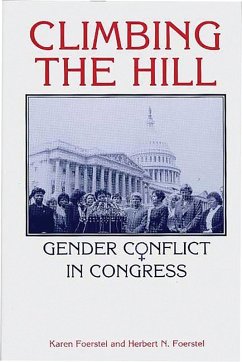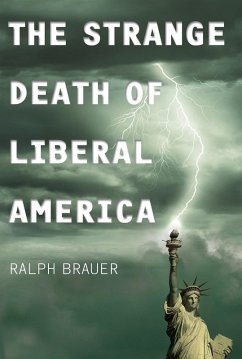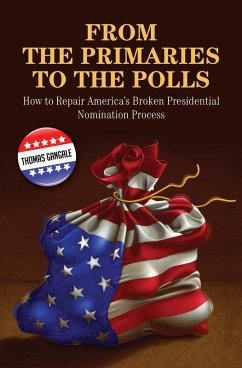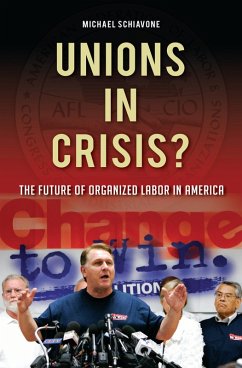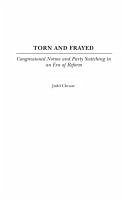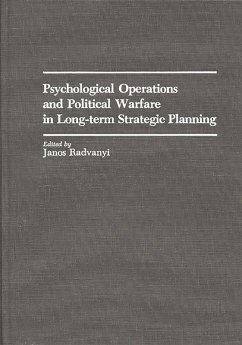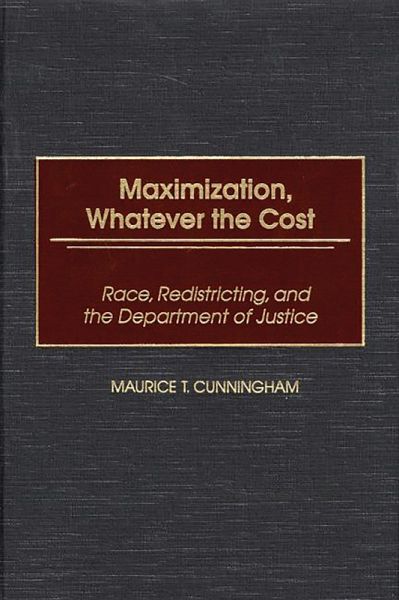
Maximization, Whatever the Cost (eBook, PDF)
Race, Redistricting, and the Department of Justice
Versandkostenfrei!
Sofort per Download lieferbar
58,95 €
inkl. MwSt.
Weitere Ausgaben:

PAYBACK Punkte
29 °P sammeln!
During the early 1990s the Department of Justice used its Voting Rights Act power to object to racially unfair redistricting laws to force states to maximize minority congressional districts. The results were dramatic: Congressional Black Caucus membership swelled from 25 to 38 and nine new Hispanic congresspersons were sworn in. Only three years later, the maximization strategy lay in ruins. The courts forced many of the new minority districts to be redrawn and the judiciary reserved especially harsh criticism for the Department. Cunningham examines and analyzes how the Department came to ado...
During the early 1990s the Department of Justice used its Voting Rights Act power to object to racially unfair redistricting laws to force states to maximize minority congressional districts. The results were dramatic: Congressional Black Caucus membership swelled from 25 to 38 and nine new Hispanic congresspersons were sworn in. Only three years later, the maximization strategy lay in ruins. The courts forced many of the new minority districts to be redrawn and the judiciary reserved especially harsh criticism for the Department. Cunningham examines and analyzes how the Department came to adopt the maximization strategy. He explores the bureaucratic culture of the Division's Voting Section, its history, and the interaction of its progressive career staff with more conservative political appointees. The Division works amidst a vibrant interest group environment, with civil rights advocates, the state, and political parties eager for influence. Cunningham shows how that influence contest was won by the civil rights groups, how their preferred interpretations of fair redistricting and discriminatory purpose were adopted by the Division, and how their chosen districting models were forced upon states by the Division. He examines the effect the Department has had on federalism, representation, and its own impaired credibility with the judiciary. Finally, he suggests how the Division might resurrect its damaged reputation for balanced enforcement. An important study for scholars, students, and public policy makers involved with civil rights, public administration, and public law.




